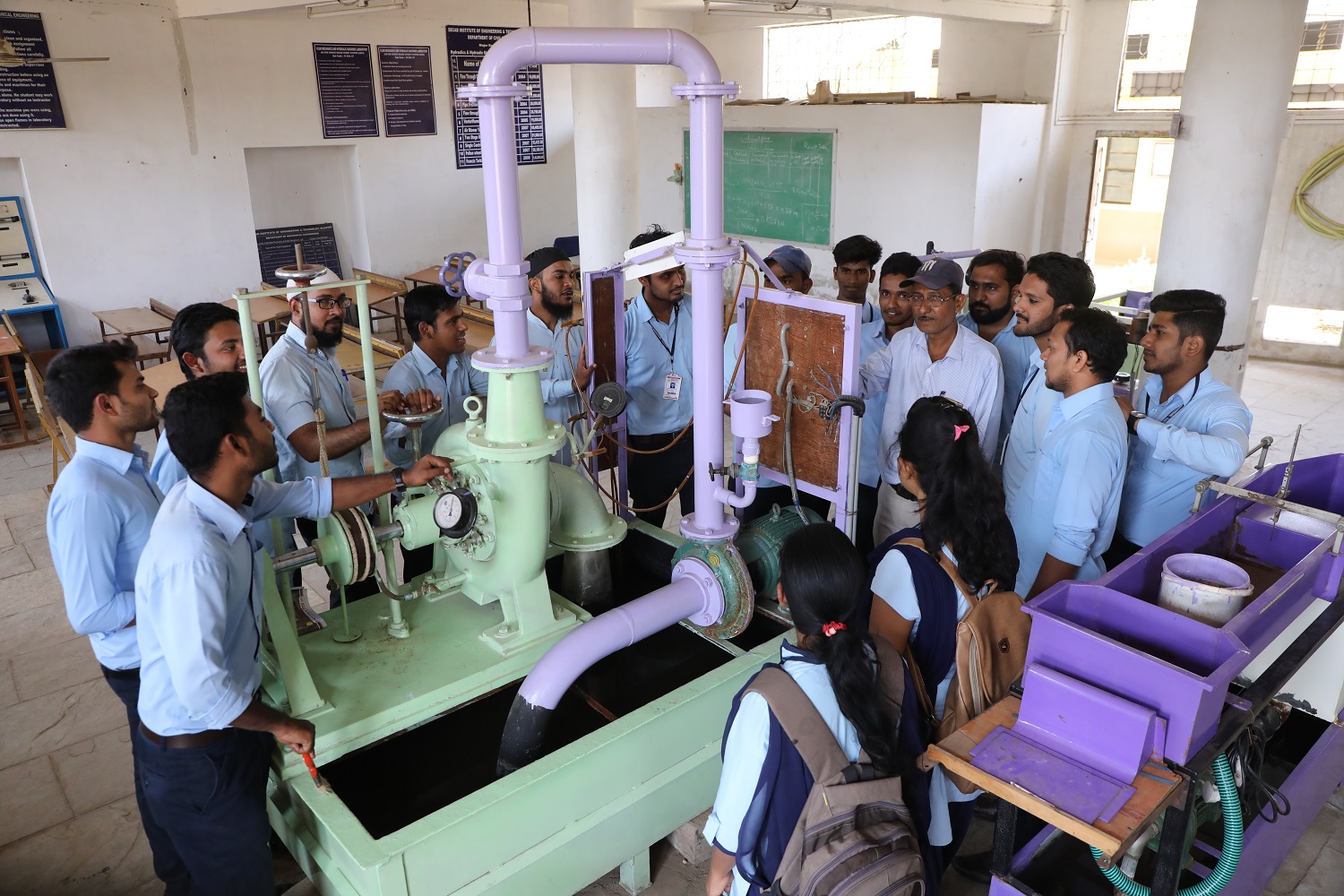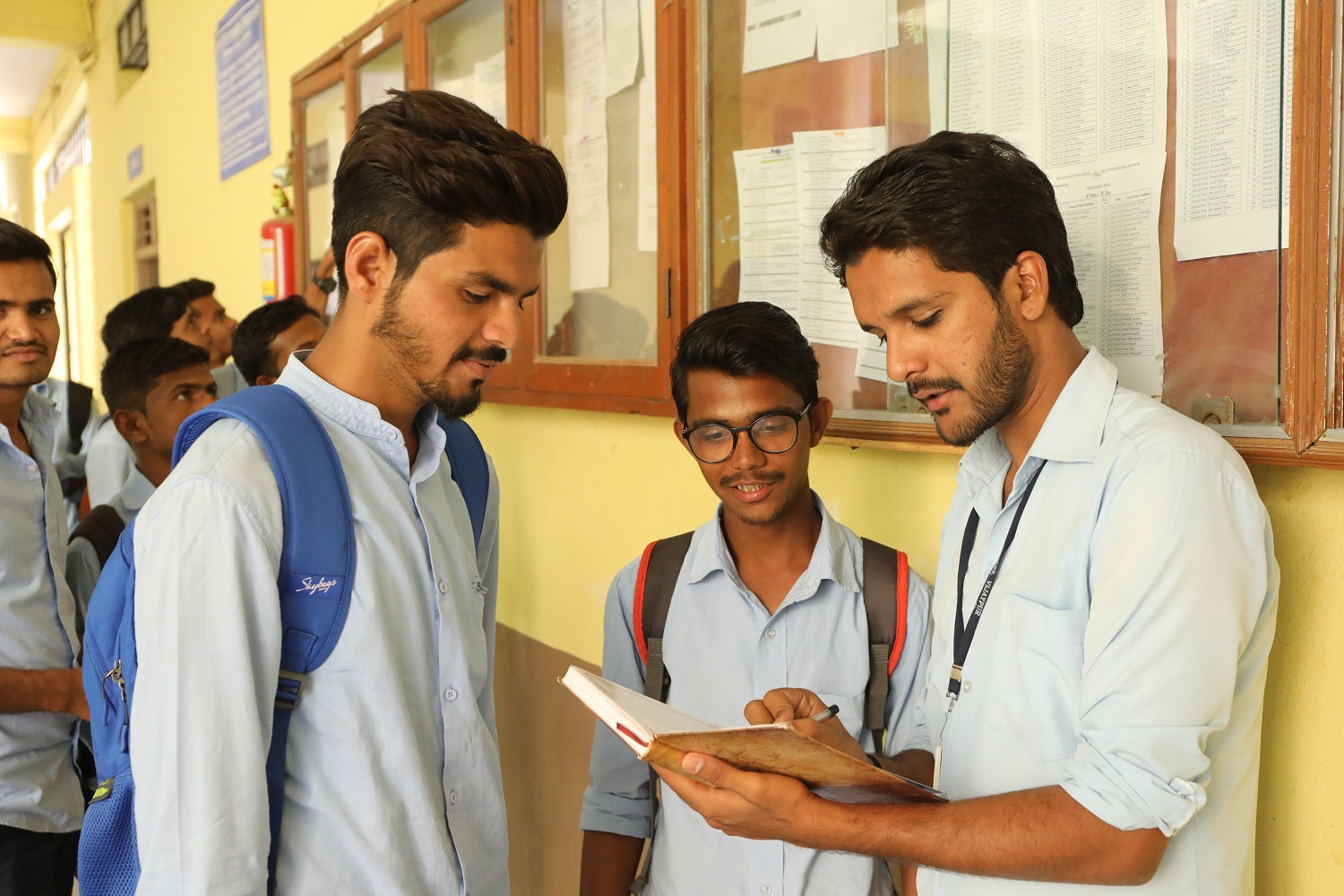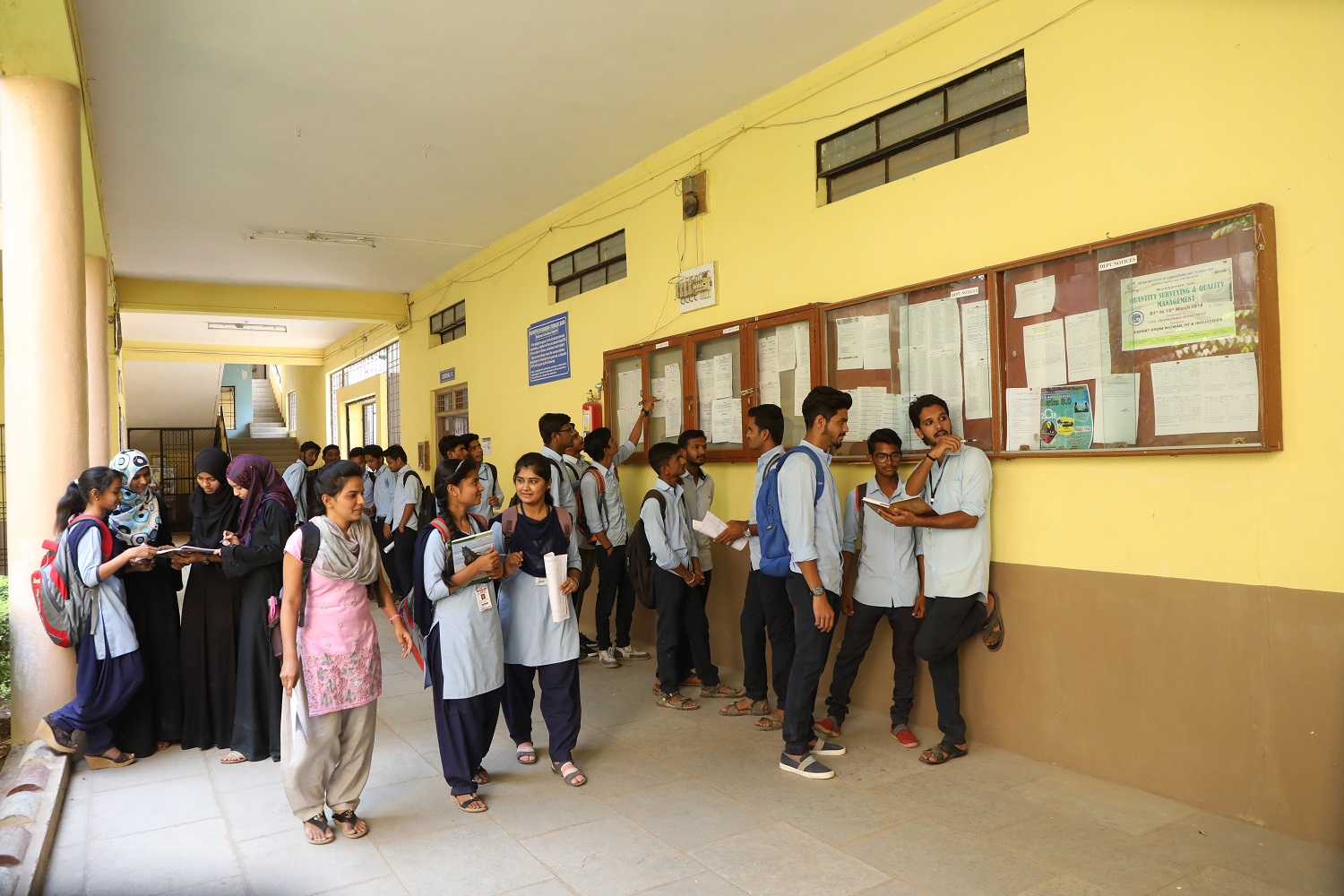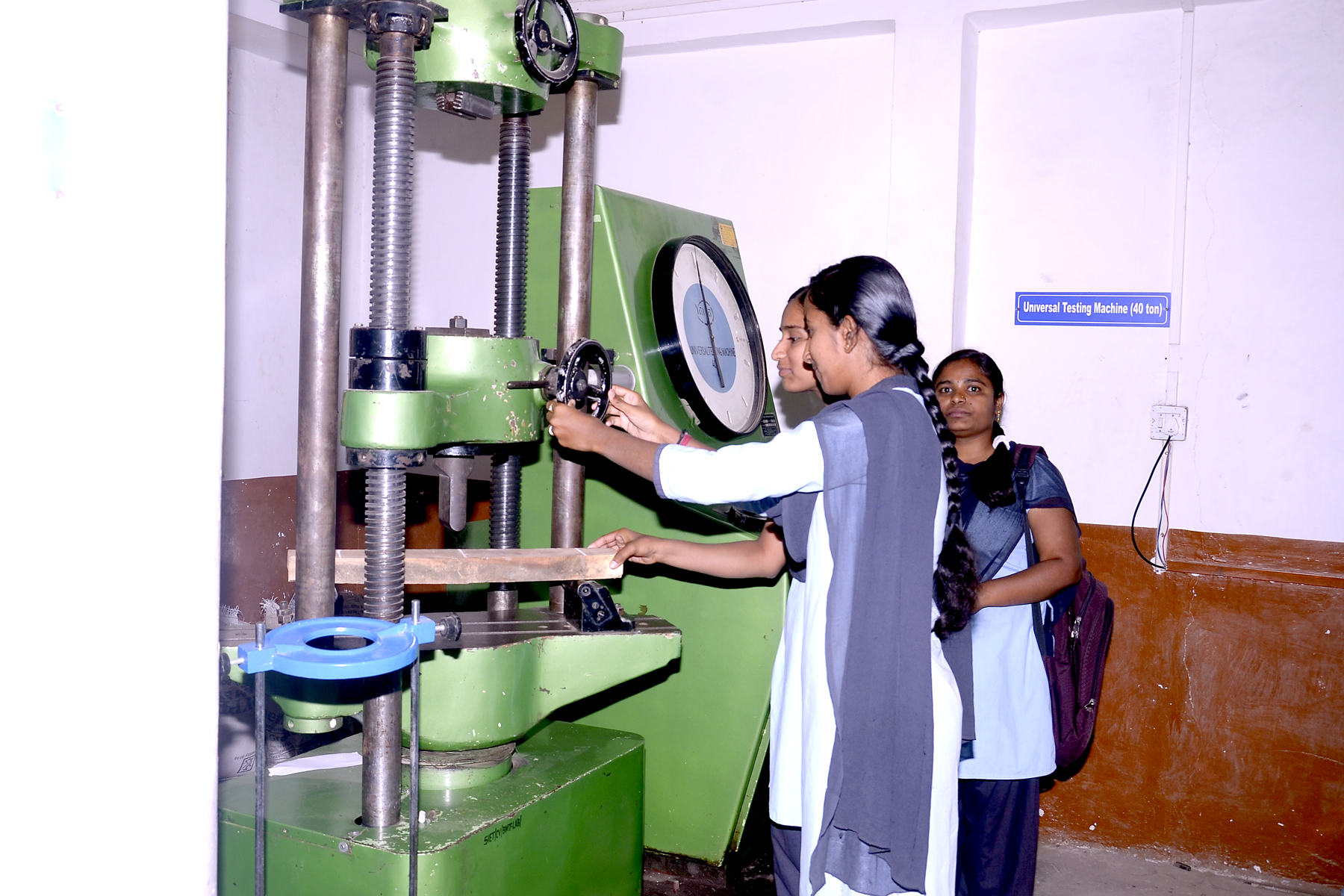
Overview
Civil Engineering Department has been established in the year 2002 with an intake of 60 students. In the year 2012 intake has been increased from 60 to 120 students. In the year 2015 M.Tech in Structural Engineering has been introduced with an intake of 24 students and has been grown into full fledged, well equiped with specialization in all major areas of Civil Engineering. Faculty have contributed significantly to overall growth of the department and received funds from AICTE-Modrob, KSCST and Engineering related societies. It has produced VTU rank students and supported students to bag awards in national level fests and sport events.
Vision:
To prepare professionally competent and socially responsible Civil Engineers.
Mission:
We at Department of Civil Engineering are committed to achieve our vision by:
- Imparting academic excellence through outcome based education.
- Preparing students through skill oriented courses to excel in their profession with ethical Values.
- Promoting research and consultancy for industrial and societal needs.
- Strengthening relationship with stakeholders for continuous development.
Program Educational Objectives (PEOs)
- PEO 1: Domain Knowledge: Be proficient in the fundamentals of engineering science, analytical, quantitative skills and design in the field of Civil Engineering.
- PEO 2: Professional / Core Competency: Develop safe, sustainable, economical and environmentally viable solutions for the overall welfare of the society.
- PEO 3: Multidisciplinary approach: Exhibit the multidisciplinary approach to relate Engineering issues to the broader social and human context in ethical manner.
- PEO 4: Lifelong Learning: Develop lifelong learning in the field of civil engineering by continuously enhancing the knowledge.
Program Outcomes (POs)
Students in the Civil Engineering programme should, at the time of their graduation, be able to
- PO 1: Engineering Knowledge: Apply the knowledge of mathematics, science, engineering fundamentals, and an engineering specialization to the solution of complex Civil engineering problems.
- PO 2: Problem Analysis: Identify, formulate, review research literature, and analyze complex Civil engineering problems reaching substantiated conclusions using first principles of mathematics, natural sciences, and engineering sciences.
- PO 3: Design/Development of solutions: Design solutions for complex Civil engineering problems and design system components or processes that meet the specified needs with appropriate consideration for the public health and safety, and the cultural, societal, and environmental considerations.
- PO 4: Conduct Investigations of Complex problems: Use research based knowledge and research methods including design of experiments, analysis and interpretation of data, and synthesis of the information to provide valid conclusions in Civil engineering field.
- PO 5: Modern Tool Usage:Create, select, and apply appropriate techniques, resources, and modern engineering and IT tools including prediction and modeling to complex Civil engineering activities with an understanding of the limitations.
- PO 6: The Engineer and Society: Apply reasoning informed by the contextual knowledge to assess societal, health, safety, legal and cultural issues and the consequent responsibilities relevant to the professional Civil engineering practice.
- PO 7: Environment and Sustainability: Understand the impact of the professional Civil engineering solutions in societal and environmental contexts, and demonstrate the knowledge of, and need for sustainable development.
- PO 8: Ethics: Apply ethical principles and commit to professional ethics , responsibilities and norms of the Civil engineering practice.
- PO 9: Individual and Team Work: Function effectively as an individual, and as a member or leader in diverse teams, and in multidisciplinary settings.
- PO 10: Communication: Communicate effectively on complex engineering activities with the engineering community and with society at large, such as, being able to comprehend and write effective reports and design documentation, make effective presentations, and give and receive clear instructions.
- PO 11: Project Management and Finance: Demonstrate knowledge and understanding of the engineering and management principles and apply these to one's own work, as a member and leader in a team, to manage projects and in multidisciplinary environments.
- PO 12: Lifelong Learning: Recognize the need for, and have the preparation and ability to engage in independent and life-long learning in the broadest context of technological change in Civil engineering.
Program Specific Outcomes (PSOs)
- PSO 1:Enhancing the ability to plan, analyze, design, execute and maintain cost effective Civil engineering structures.
- PSO 2:Inculcating in students technical competencies to deal with practical aspects of Civil engineering.



